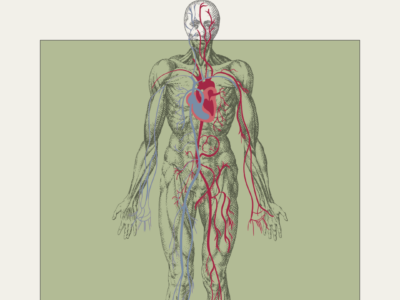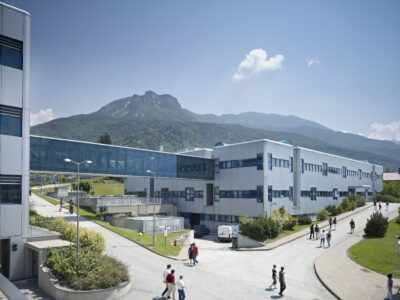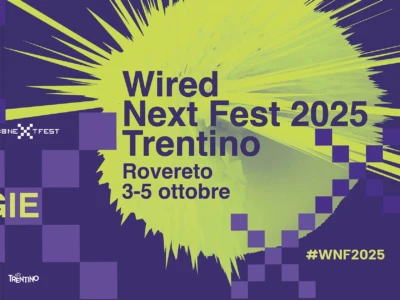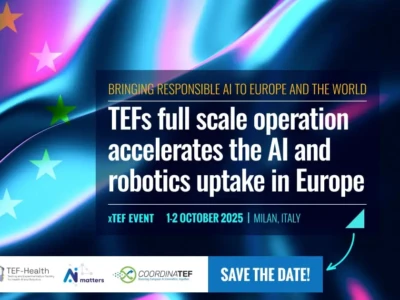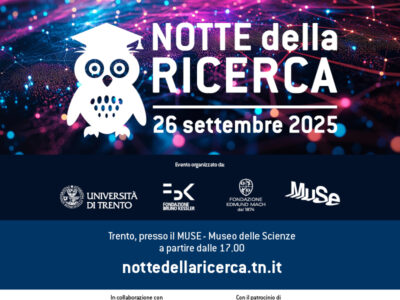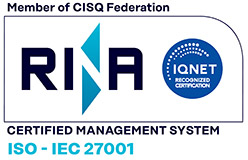Events archive
-
5th seminar in the series of meetings entitled ‘Humanities and Medicine’, organised in collaboration with the Centre for Religious Studies of the Bruno Kessler Foundation in Trento and the Department of Literature and Philosophy of the University of Trento for the year 2025.
-
3D historical reconstructions have gained popularity in recent years as powerful tools for research, education, and preservation. In urban history, they help visualise urban continuity and change and investigate past uses and experiences of public and private spaces.
-
The Language Technology Research Highlights 2025 (LT@FBK2025) event aims to bring together scientists, students, practitioners, and enthusiasts who are interested in language technologies and want to know more about the recent research achievements at Fondazione Bruno Kessler on this topic.
-
This talk explores what it means to access the real through attention, and draws sharp distinctions between Murdoch and Weil on the role of the self, with metaphysical and ethical consequences for the practice of attention.
-
FoReSt is a new initiative promoted by FBK-ISR, aimed at PhD students and early-career researchers in Religious Studies. Its goal is to provide an open and welcoming space for in-depth discussion of individual research trajectories.
-
This seminar presents DiRECT, a novel corporate tax microsimulation model covering 4.3 million firms across nine EU countries (2016-2019). It simulates tax bases, liabilities, and key deductions using accounting data, producing firm-level effective tax rates and book-tax differences. Validated against administrative data, DiRECT enables analysis of tax burden distributions and evaluation of corporate tax reform impacts.
-
The conference aims to contribute to an interdisciplinary reflection on the concept of kindness and the terms that refer to its semantic field, particularly in the study of cultures and religions and with reference to the dynamics that affect coexistence in urban spaces.
-
Gian Maria Campedelli is participating in this workshop, which brings together researchers, policymakers and professionals to explore how science can contribute to a deeper understanding of organised crime and more effective policies to combat it. His presentation is dedicated to the theme of the Mafia, politics and machine predictions.
-
Distant reading the Industrial Age: Natural language processing research in ‘Living with Machines’.
-
Gian Maria Campedelli, Dominique Cappelletti, Monica Consolandi, Riccardo Gallotti and Yiming Wang will represent FBK as protagonists at Wired Next Fest Trentino 2025. Elena Crespi will speak during the Speck&Tech 78 ‘Watt's next?’ evening as part of Wired Next Fest.
-
Organised by AgrifoodTEF -coordinated by FBK- , the event in Milan marks the half-project execution milestone of the four Testing and Experimentation Facilities (TEFs) launched by the European Commission in 2023.
-
Save the date! Notte della Ricerca 2025
